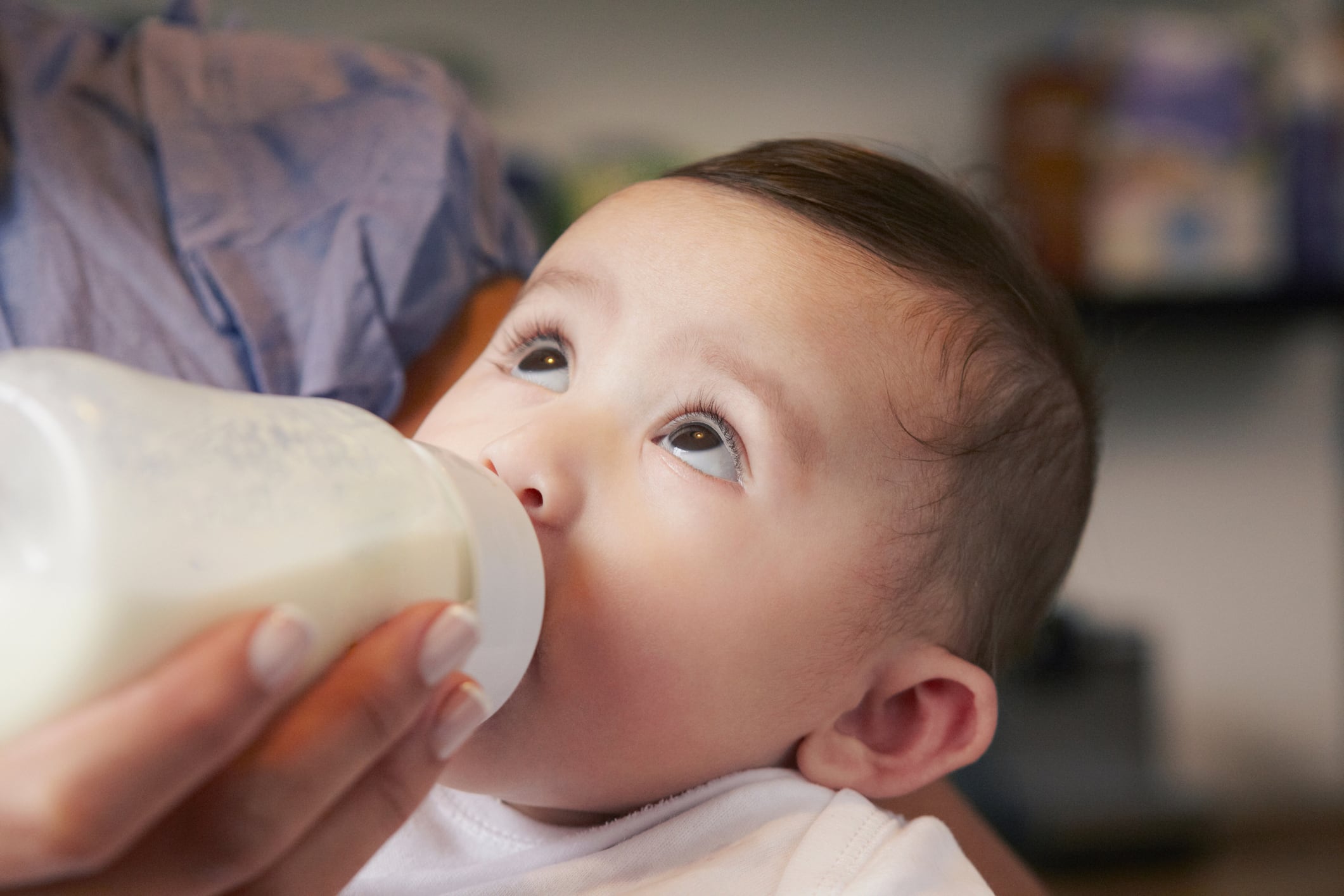The partnership will provide additional volumes of HMOs to the market, making 2’-FL available in Europe over the coming weeks.
“The launch of 2’-FL and the associated addition of HMOs to Beneo’s established and well recognized portfolio of scientifically proven prebiotics is strategic,” Olivier Roques, CEO at Beneo, said in a press release. “Particularly for the infant nutrition market, it provides promising opportunities for highly effective combinations.”
HMOs act as prebiotics, supporting the development of a healthy microbiome and nervous system in the infant. 2’-FL is the predominant and most extensively studied HMO in human breast milk. Including HMOs in milk formulas helps them achieve a profile that is closer to breast milk, which is widely accepted as the gold standard in infant nutrition.
The partnership of the two companies “will bring together Wacker’s expertise and production track record with Beneos’s thorough market understanding,” said Mathias Wiedemann, president of Wacker Biosolutions.
Wacker will produce 2’-FL in Europe using precision fermentation with a patented strain, and Beneo will be responsible for commercializing the product.
“Together, we are set to meet the high demands of customers in the infant nutrition sector,” Wiedemann said.
The broader application of HMOs
As research on HMOs advances, companies are looking at their potential beyond infant nutrition.
Because HMOs support the microbiome, they may have a knock-on positive effect on the immune system, with wider-reaching functions that extend beyond enhancing gut health. Therefore, researchers are investigating the potential of HMOs as functional food ingredients across various age groups.
For example, HMOs have been incorporated into products that enhance mitochondrial activity, targeting areas such as sports nutrition and healthy aging.
Additionally, researchers have suggested that daily supplementation with 2’-FL may enhance body composition during a weight loss program, indicating its potential anti-obesity effects.
Sialyllactose, a vital HMO, has been reported to help microbial communities respond to stress, potentially having beneficial effects on skin inflammation and osteoarthritis.
Spherical Insights predicts that the global HMO market is set to exceed $896.91 million by 2032, growing from just over $181 million in 2022. Europe is expected to grow at the fastest rate during the forecast period, with increasing opportunities in the UK, which has the lowest breastfeeding rate due to a lack of public health investment, limited knowledge about the benefits, and stigmas associated with feeding in public.

